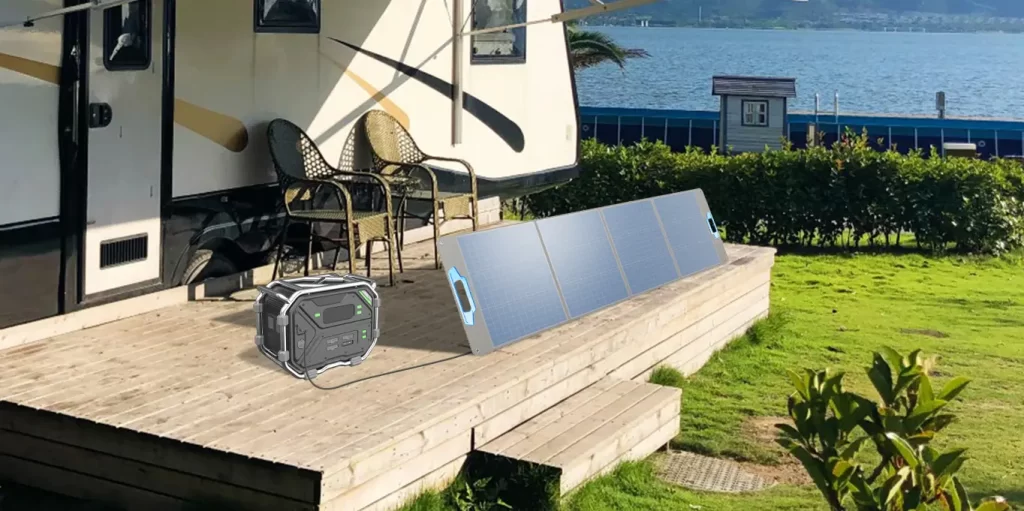
Living off the grid is not inherently illegal, but it can be subject to various regulations and restrictions depending on where you are located. Here are some factors to consider:
Zoning Laws
Local zoning laws may dictate what types of structures can be built and inhabited in certain areas. Some places have strict regulations about building codes, minimum square footage for homes, and other requirements that could impact your ability to live off the grid.
Utility Requirements
Some jurisdictions require homes to be connected to public utilities like water, sewer, and electricity. If you’re planning to use alternative sources such as solar panels, rainwater collection, or composting toilets, you need to ensure these are permitted under local regulations.
Building Codes
Building codes are designed to ensure safety and health standards. Even if you are building a small, off-grid home, it must meet certain structural and safety criteria.
Permits
You may need various permits for construction, waste disposal, and other activities associated with living off the grid. Failing to obtain the necessary permits can result in fines or legal action.
Environmental Regulations
Collecting rainwater, disposing of waste, and other activities may be regulated to protect the environment. Ensure you are compliant with any environmental protection laws.
Land Ownership
Make sure the land you intend to live on is zoned for residential use and that you have clear ownership or permission to reside there.
Homeowner Associations (HOAs)
If you’re in an area governed by an HOA, there might be additional rules and restrictions regarding property use and modifications.
It’s important to research and understand the specific laws and regulations in the area where you plan to live off the grid. Consulting with local authorities or a legal expert can help ensure you comply with all relevant requirements.



